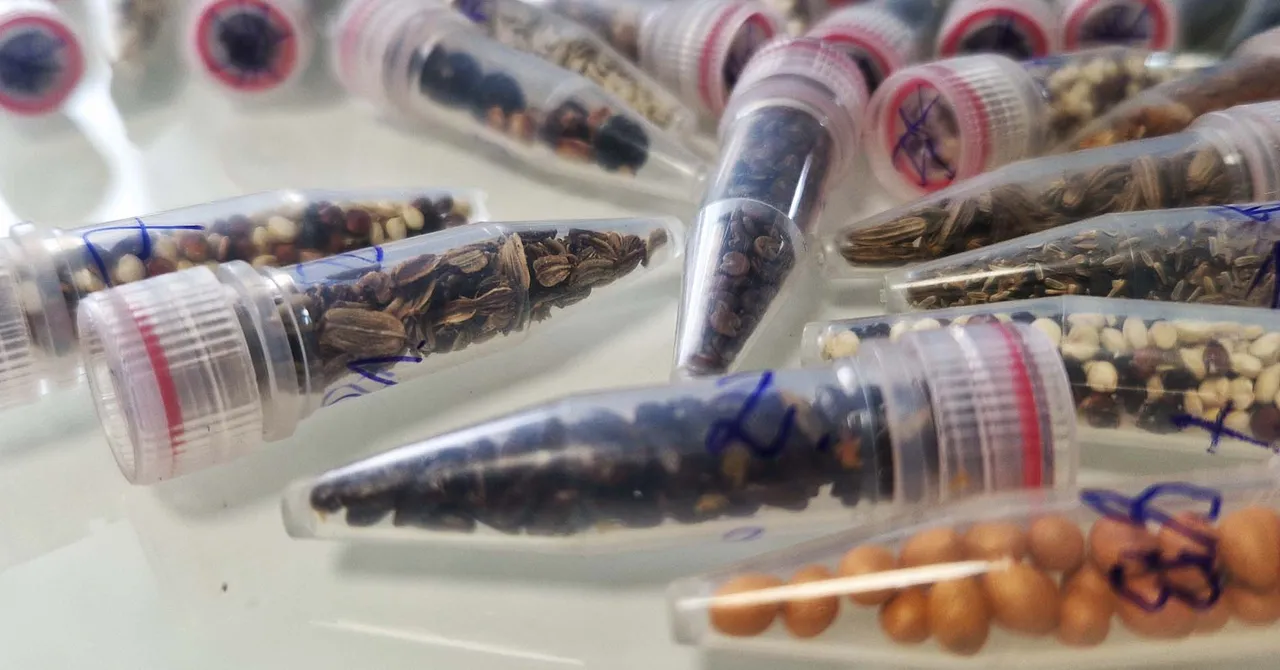Dr. Daniela Vergara, a geneticist and hemp specialist at Cornell Cooperative Extension, discusses her transition from evolutionary science to cannabis research. Initially focused on host-parasite evolution, she shifted her attention to cannabis genomics after relocating to Colorado, where cannabis was legalized. This transition was spurred by her husband’s encouragement.
In her research, Dr. Vergara has discovered that cannabis is a dioecious plant, meaning it has distinct male and female species. This characteristic adds to the complexity of cannabis genetics as most plants possess perfect flowers containing both reproductive organs. She estimates that cannabis has two to three times the genetic diversity found in humans, which presents challenges for DNA sequencing due to the plant’s high variability.
Legal and regulatory hurdles also accompany cannabis research. Dr. Vergara has collaborated with lawyers to navigate the legal landscape around cannabis genetics, emphasizing the plant’s unique legal status compared to more conventional crops like tomatoes.
Dr. Vergara’s research includes a 2017 study published in *Scientific Reports*, which revealed that federally produced cannabis from the National Institute on Drug Abuse (NIDA) does not reflect the chemical profiles of cannabis available in legal markets. The analysis showed that the cannabinoid content in cannabis from dispensaries was more diverse and often more potent than that from NIDA.
Since moving to New York, Dr. Vergara has focused on supporting local hemp farmers, helping them address the legal, logistical, and agricultural challenges of hemp cultivation. Her role involves assessing the extent of hemp production in New York and improving growing conditions for farmers. She notes that her interactions with farmers are mutually beneficial, as she gains knowledge about the practicalities of hemp farming while providing them with guidance.
Through her work, she emphasizes the importance of considering the scale of operations in hemp farming. For instance, she advises smaller operations to carefully plan planting schedules to optimize harvests. For example, planting photoperiod cannabis in July rather than June can alleviate labor costs and simplify harvesting.
Dr. Vergara has also prioritized the need for comprehensive resources for hemp farmers. In 2023, she released a manual that was later translated into Spanish, covering essential practices for hemp cultivation. This guide received over 4,000 views, highlighting its relevance to cultivators. In 2024, a more detailed guidebook was published, outlining Good Manufacturing Practices (GMP) for product safety, quality, and regulatory compliance. The guide also includes Integrated Pest Management (IPM) strategies and tools for record-keeping.
As she continues to gather data on hemp production in New York, Dr. Vergara collaborates with individual growers to conduct economic analyses of production practices. She aims to publish her findings, which could inform best practices for other cultivators.
Dr. Vergara also founded the Agricultural Genomics Foundation, which is conducting experiments to evaluate Cannabis sativa varieties across different environments. This research aims to enhance breeding strategies and sustainable cultivation practices while fostering knowledge-sharing among growers. The foundation collaborates with Atlas Seed, inviting participants who purchase seeds to contribute to the research.
Collaboration is a cornerstone of Dr. Vergara’s approach. She actively promotes transparency and data sharing in the cannabis industry, advocating for collective efforts to improve understanding of cannabis genetics and cultivation practices. Her work exemplifies the potential for collaborative research to address challenges within the evolving cannabis sector.




